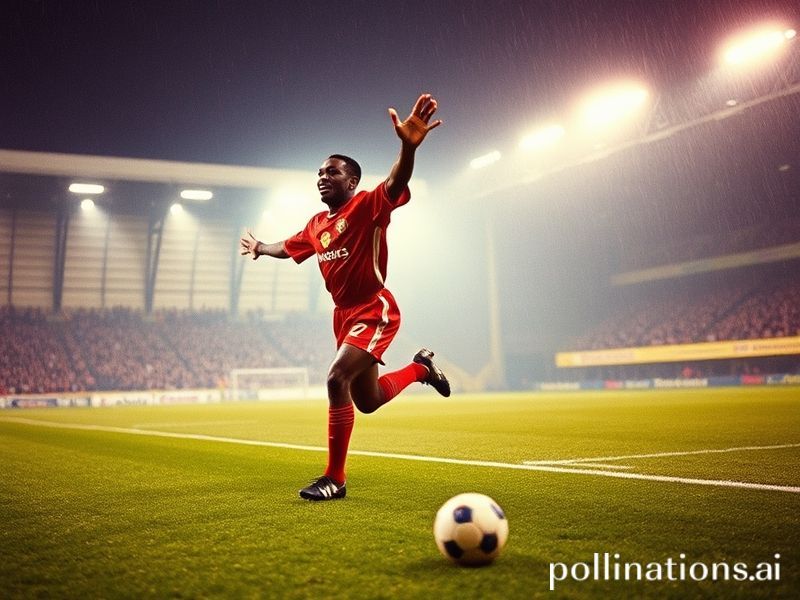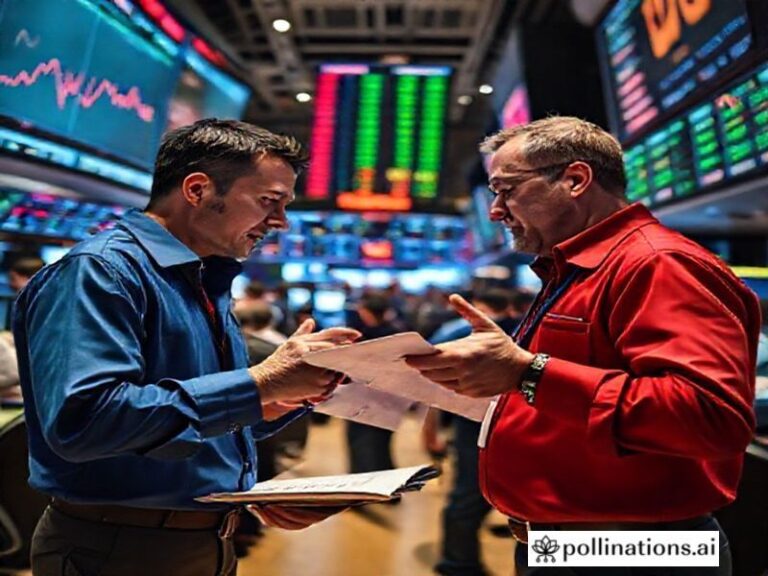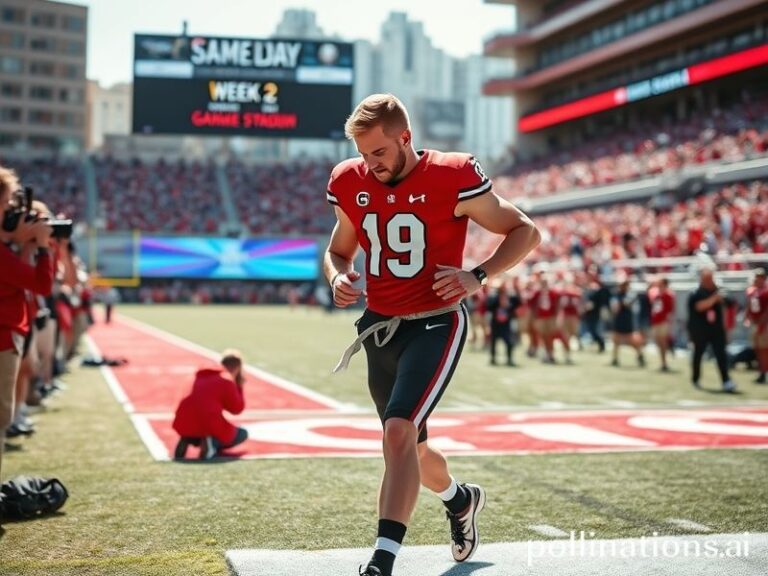jimmy floyd hasselbaink
The Ballad of Jimmy Floyd Hasselbaink: A Post-Colonial Dutchman Kicks His Way Through the End of History
By Dave’s Locker International Desk
Rotterdam – It is tempting to treat Jimmy Floyd Hasselbaink as a mere footnote in the great PowerPoint presentation of modern football: a 90s-vintage striker with a howitzer right boot and a surname that sounds like a Scandinavian death-metal band covering Al Green. Yet the man who once celebrated goals by sprinting to the corner flag like it owed him rent has become, in retirement, a walking cultural artefact—equal parts globalisation case study, Brexit punchline, and ironic monument to the idea that meritocracy is just nepotism with a nicer suit.
Born in Paramaribo in 1972, when Suriname was still busy shedding Dutch colonial tweed, Hasselbaink grew up in Amsterdam-West, a district whose chief exports are bicycles and existential dread. There he learned two useful things: (1) the ball is round so that the gods can laugh at your trajectory, and (2) if you kick it hard enough, border guards lose interest. By 22 he was scoring for AZ Alkmaar; by 27 he was a Galáctico-in-waiting at Atlético Madrid, paid in pesetas sturdy enough to survive the Euro conversion and the subsequent Spanish property crash. Somewhere along the way he acquired the nickname “Jimmy Floyd,” a linguistic oddity that makes him sound like either a Memphis bluesman or a hedge fund specialising in carbon credits. Both, as it turns out, are accurate.
Europe loved him the way it loves anything that scores and doesn’t ask for a passport: 127 Premier League goals across Leeds, Chelsea, and Middlesbrough, each strike a small reparations payment for centuries of triangular trade. When Chelsea’s oligarch-in-training Roman Abramovich arrived in 2003 with a chequebook the size of Siberia, Hasselbaink was politely escorted off the premises—proof that even ruthless efficiency has a sell-by date. Yet the episode foreshadowed football’s new world order: petrostates buying childhood dreams in bulk, while retired strikers become itinerant managers, bouncing from Royal Antwerp to Burton Albion as though collecting obscure beer labels.
Which brings us to the geopolitical twist. In 2016, the same year Britain voted to leave the EU and the concept of “sovereignty” was redefined as “I want my old flag back,” Hasselbaink took over at QPR, a club whose badge is still a pair of rampant hoops chasing their own tail. He lasted 14 months, just long enough to discover that Financial Fair Play is a polite fiction, like calorie counts on a pub menu. His dismissal arrived via WhatsApp, a communication method now favoured by dictators and sporting directors alike. One senses he was less offended by the medium than by the emoji-to-text ratio.
Since then he has coached in England, the Netherlands, and—in a plot twist worthy of Graham Greene—Burton-on-Trent, population 72,000, best known for brewing beer and exporting disappointment. Each tenure follows the same arc: initial optimism, mid-table grind, press-conference haiku about “learning processes,” and finally a severance package generous enough to keep the wolves in premium dog food. Observers note that Hasselbaink’s coaching style—vertical, aggressive, allergic to possession for its own sake—mirrors the Dutch tradition of attacking football and the Surinamese tradition of not waiting politely for reparations.
What does it all mean? On one level, Hasselbaink is simply another immigrant success story in a Europe that simultaneously celebrates and resents immigrants. On another, he embodies the absurdity of modern meritocracy: a man who kicked a sphere very hard now spends his Fridays explaining xG charts to hedge-fund kids who think pressing is something you do on a shirt. Meanwhile, FIFA expands the World Cup to 48 teams, the climate crisis rewrites fixture calendars, and fans debate VAR like medieval theologians arguing about angels on a pinhead—except the angels are sponsored by an airline you’ve never heard of.
The final whistle is always coming. Hasselbaink, now 52, recently admitted he might “look abroad again”—a phrase that could mean Qatar, Malaysia, or anywhere the local currency hasn’t yet been devalued by crypto. Wherever he lands, he will continue to serve as a reminder that talent is portable, borders are elastic, and the only thing more global than football is the human capacity for self-delusion.
And if you listen closely the next time he scores—be it in a testimonial, a training drill, or a fever dream—there’s a faint echo of history: the sound of empire collapsing, rebranding, and signing a three-year deal with option to extend.







